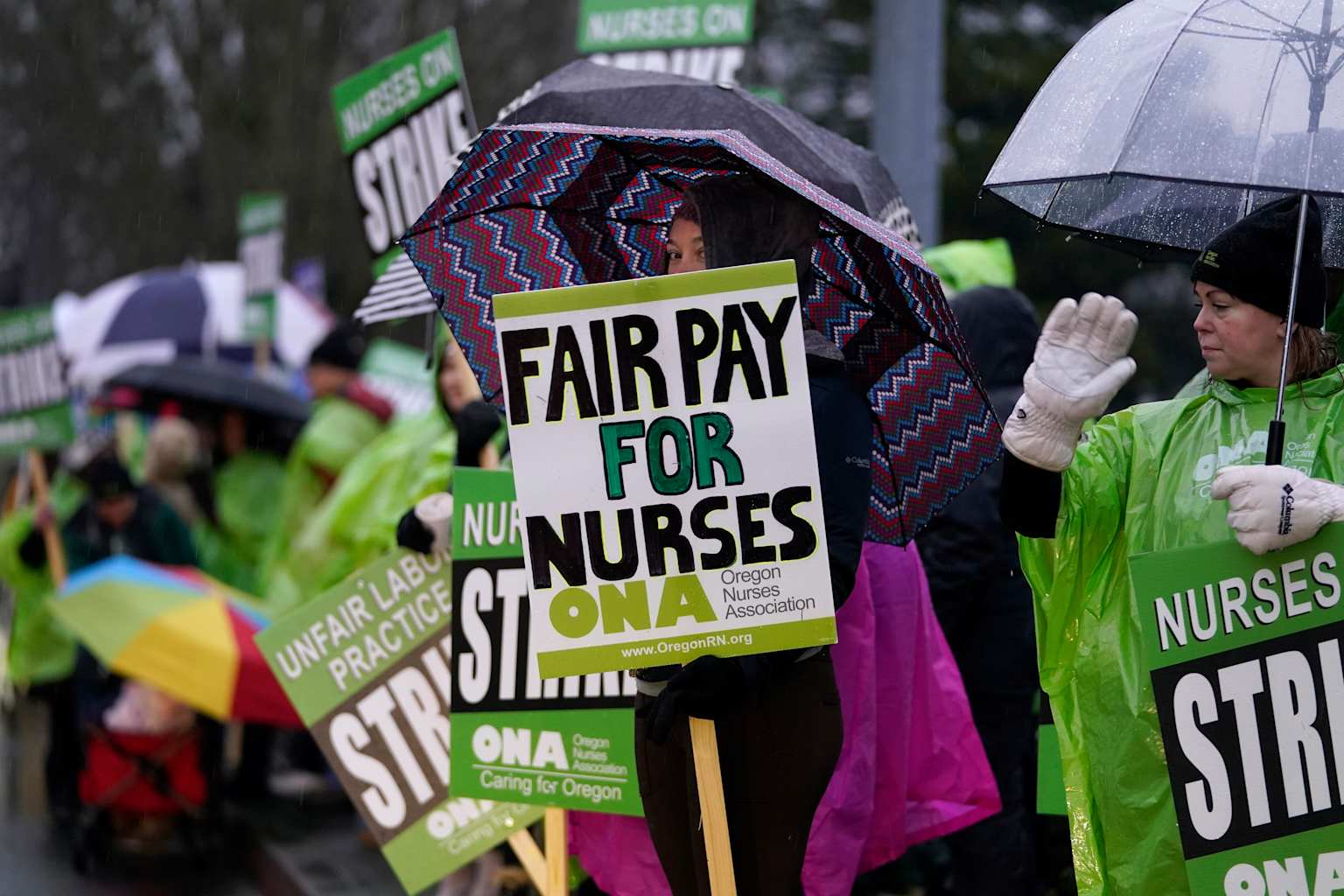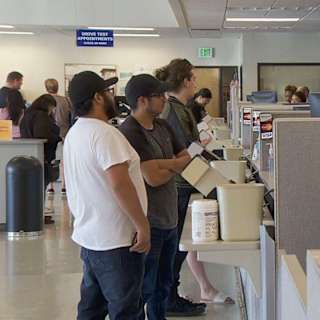- Historic Labor Victory
- Political Compromise
- Financial Concerns
Oregon Democratic Gov. Tina Kotek signed legislation Tuesday making the state the first in the nation to provide unemployment benefits to striking public employees, capping a tumultuous legislative battle that required multiple votes and compromise to reach her desk.
The measure allows all striking workers — both public and private — to collect unemployment benefits after two weeks on the picket line, with payments limited to 10 weeks. Oregon joins New York, New Jersey and Washington state in providing such benefits, but those states either don't allow public employee strikes or don't cover public workers.

Senate Bill 916 emerged from recent large-scale walkouts across the Pacific Northwest, including strikes by Boeing factory workers, hospital nurses and teachers1. In Oregon, thousands of nurses struck Providence hospitals for six weeks earlier this year, while Portland Public Schools teachers walked out for more than three weeks in 20231.
"At the end of the day, I support the right of folks to strike," Kotek told reporters, according to Oregon Public Broadcasting. "And I believe the way the bill is crafted, we will actually see shorter strikes if they happen to begin with"2.
The Oregon AFL-CIO called the law "landmark legislation," with President Graham Trainor saying it represents "a necessary step towards leveling the playing field just a notch between workers and employers"34.
The bill's path proved rocky despite Democratic control of the legislature. It first passed the Senate 16-12 in March, then cleared the House 33-23 in June12. But when senators rejected House amendments, the measure went to a rare conference committee3.
The key compromise reduced the benefits cap from 26 weeks to 10 weeks, winning over Democratic holdouts Sen. Mark Meek of Gladstone and Sen. Courtney Neron Misslin of Wilsonville3. State analysts don't expect the reduction to significantly impact costs since Oregon strikes have averaged 8.6 weeks over the past decade3.
Opponents worry the law will incentivize longer and more frequent strikes. "This is bad policy," Senate Minority Leader Daniel Bonham told lawmakers, according to OPB. "It's going to be harmful to our students. It's going to be harmful to the state"1.
Public employers must reimburse the state's unemployment fund for payments to their striking workers, though school districts can deduct benefits from employees' future wages2. Private employers already pay into the fund through payroll taxes2.
Oregon unemployment benefits range from $196 to $836 weekly, typically replacing about 65% of income3. The law takes effect immediately4.



